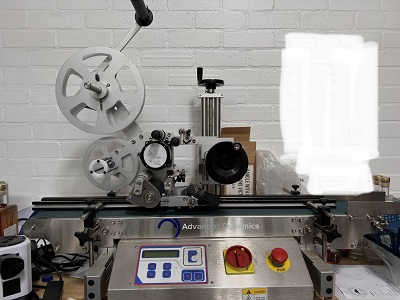Selling your business can be stressful. Letting go and handing control to a new owner is often an emotional experience. During the sale process, pressure can build quickly, with you and your team required to answer challenging questions and provide large volumes of information.
On several occasions I’ve had to defuse tense situations to ensure a smooth handover. The key is preparation and acceptance. Recognise that selling your business is likely to be emotional, and try not to take buyers’ questions or their advisers’ scrutiny personally. They are simply doing their job. For them, acquiring your business may represent a significant financial risk, and the pressure to make the right decision can be intense.
There are several steps you can take to make the journey smoother. Firstly plan well in advance and ensure your business is fit for sale, ensuring:
• It is profitable and generates strong cash flow
• It demonstrates growth with a solid level of recurring revenue
• It has a strong management team and workforce
• All contracts and legal documentation are current
• Financial accounts and records are fully up to date
In addition:
• Make sure all shareholders are aligned and committed to selling
• Appoint experienced advisers (a commercial lawyer, accountant, and broker) so you can stay focused on running the business
• Build a strong personal support network to help you manage stress and keep your sense of humour intact
If you are considering selling your business, contact Rupert Trevelyan at Weybrook Business Brokers on 07826 050690.








